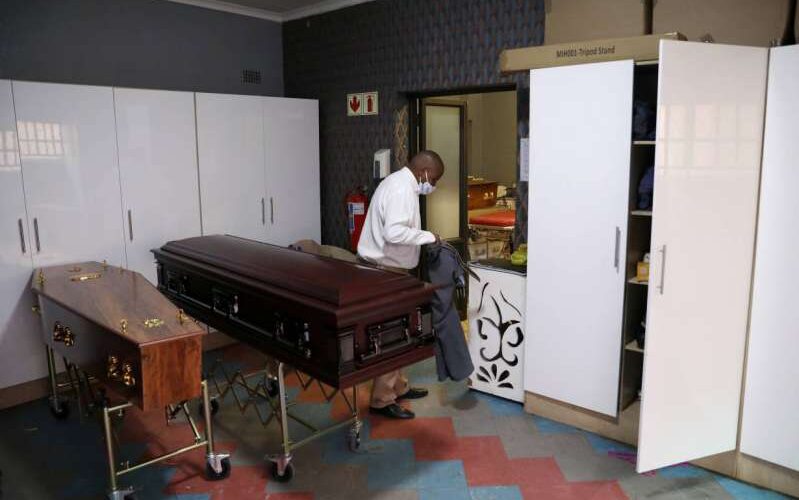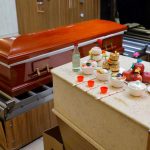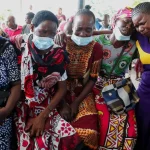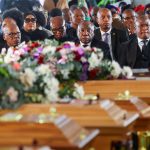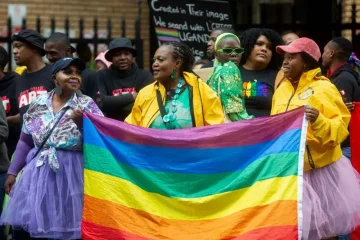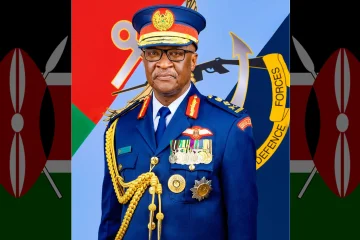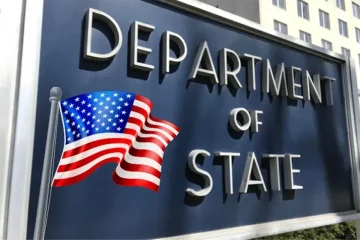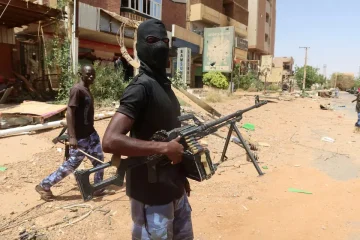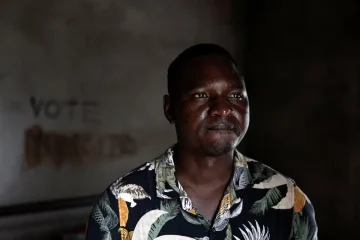EMMA RUMNEY
GRIEVING South African families are being left searching for someone to collect the bodies of deceased relatives after funeral parlours like Hloni Swarts’ went on strike in a country with one of the world’s highest coronavirus rates.
Swarts, owner of Hloni Funerals, told Reuters he had to tell distressed families, “there’s nothing we can do”, as the three-day strike entered its second day. He tried to help them arrange for a stretched government service to collect bodies instead, but they still complained.
Funeral workers are striking in the country over changes to a host of procedures and regulations, including some introduced in the wake of the coronavirus pandemic, that they say make it hard for small, black-owned parlours to operate and give big players an advantage.
They want a COVID-19 relief fund to help the industry cope with the pandemic.
“It’s not a nice thing to sit with a body at home, even for more than two hours,” Swarts said, speaking on Tuesday in a group of around 20 picketers who held up a coffin outside Johannesburg’s Chris Hani Baragwanath hospital – the largest in the country.
“But imagine sitting with a body for three days at home. Imagine that, what will happen to the body,” he said, adding he understood why clients were upset but parlours’ fight was with the government, not them.
All 1,000 members of the National Funeral Practitioners Association of South Africa (NAFUPA SA) were participating in the strike, according to its President Muzi Hlengwa, with other associations across the industry also taking part, though significant groups opted not to participate.
Hlengwa said that the strike would continue on Wednesday unless it generated some response to all demands, with a permanent strike possible in future if this does not happen.
The Department of Health warned that the strike posed a public health risk in a country with over 650,000 confirmed coronavirus cases and around 15,500 deaths.
The government had abandoned the industry during the pandemic, Swarts said at the Soweto picket, giving no acknowledgement to the stress it was under or funds or equipment to help it cope.
“(I’m) very, very angry,” he said. “It’s not a nice feeling, because we have to deal with the bodies day in, day out.” – Thomson Reuters Foundation.

